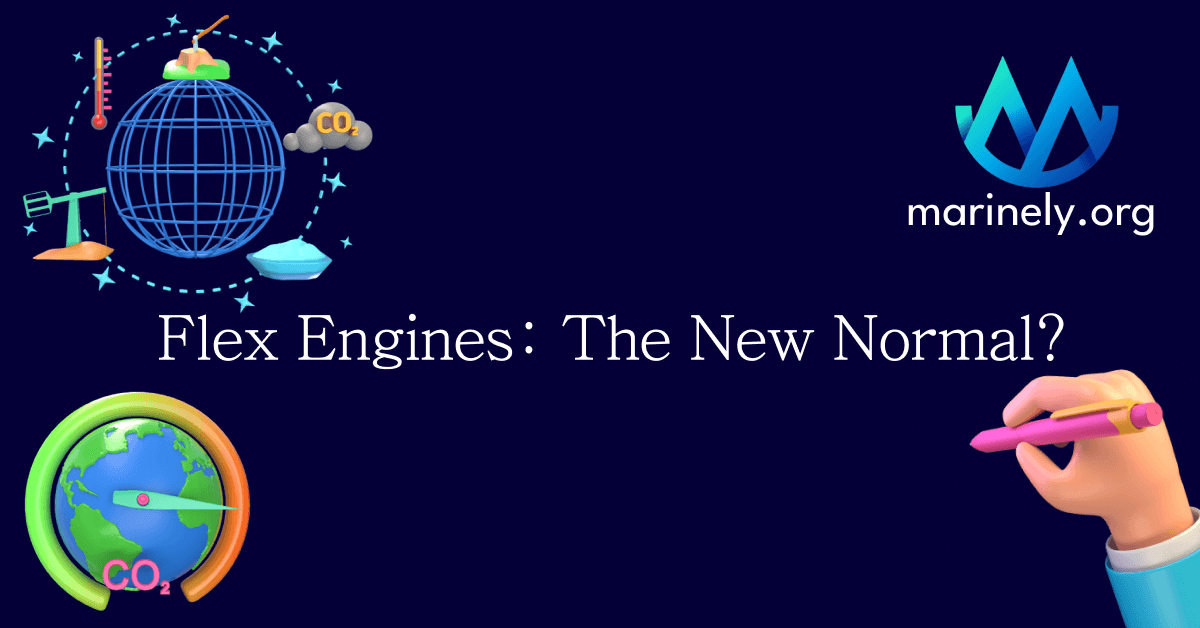Flex Engines: The New Normal?
Good day, Reader, I believe you must be curious about learning something about Flex Engines. You might have heard this word in newspapers or on social media but the explanation must have left you in a state of confusion…Don’t worry we shall be learning it together now, so let us go.
Flex Engine is simply an engine that can run on more than one fuel that’s why it’s the Flexible Engine.
But Why Flex Engine?

You must have experienced the rise in fuel prices as our nation is energy-hungry so we need to import crude oil from the Gulf. But as we say India is enriched with resources so what resource can we use to quench our energy thirst? Any answer? The answer lies in the sugarcane and rice fields surrounding you.
So, from where we will get Ethanol?
You must have a little idea about Ethanol and its uses and must have experienced ethanol energy in some party or any function. So, this notorious substance can be of great help in running your car. Don’t worry, Government is not taking any ethanol from liquor shops to do this.

India is an agrarian nation and we have a variety of crops throughout our stretch. Two major crops are Rice and Sugarcane and we are in the top position to produce these. The government of India is spearheading towards using of the stock of these crops in the production of Ethanol which will improve the farmer’s condition, Boosting our crippled sugar mills & Self-reliance in our energy needs.
Will our engines ever digest ethanol?
Umm..partially yes, Theoretically we can go with the 100% alcohol or E100 as fuel but practical implications are there. Generally in India, we are using ethanol blends of E10, E20 which were introduced to reduce the carbon footprint and reduce the dependency on gulf nations for oil and thereby saving forex.
Advantages of using Ethanol fuel and its blends:
- Ethanol contains more oxygen so combustion will be complete and better energy output will be produced.
- Complete combustion leads to negligible soot deposits, thereby maintenance costs will be reduced.
- The high Octane rating of 113 so no Knocking-in Engine.
- Ethanol is a high-compression and high-performance fuel.
- It has a cleansing effect on the fuel system
Let’s flip the coin and talk about the disadvantages:
- High octane ratings require an additional heat source.
- In the cold start, ethanol fails to burn so the need for gasoline will be present.
- Retrofitting existing engines to blends above E20 is going to be a costly affair.
- Diesel Engines will not show much affinity towards ethanol blends.
“SCANIA has developed technology to use ethanol blends for their diesel engines used in trucks by providing additional heat source and a specialized lubricating system”
Ethanol and Economy
Brazil can be considered one of the best ethanol-managing countries. They are using E85 blends of ethanol and are prepared to use E100 for their automotive industry. Due to this Brazil has saved a lot of money from crude oil import and on the same hand reduced the GHGs.

So, What about India?
India also has great biomass which can be converted into biofuels. Recently Ministry of road transport and Highway has made it mandatory for car manufacturers to have flex-fuel engines for the vehicles manufactured after 6 months from now. These Engines will be Euro 6 compliant.
Currently, India is not targeting to have E100 but we are focused on E20 by 2025 from the current E05 standards.
The fate of Bio-Fueled vehicles is still hazy as Biofuel production might compromise food security. But, we can see Bio-Fuel in a supporting role as in the next 10 years we will not be dependent on a single resource, and Hydrogen, EV & Hybrid Cars will have a shoulder to share.
After the COP26 we can see mighty changes in the automobile industry as it is the leading producer of Carbon Dioxide in the transportation section.
BioFuels and Shipping
As the ongoing targets of reducing carbon emissions by 2030, the shipping industry is also looking for multiple resources to achieve the targets.
Engine Manufacturers have started to Manufacture and Research Bio-Fueled engines.
Will we be using Ethanol for shipping as well?
No, as of now we are looking for the younger brother of ethanol i.e Ethanol for the Marine used generally due to its properties (Solely Boiling Points) but this doesn’t mean Ethanol is futile for marine applications. One main advantage of these fuels is that in an oil spill there will be no adverse effect on the environment as these fuels will get dissolved in water and are biodegradable. Challenges to these fuels will come from Storage and handling as these fuels have low energy density than Diesel and are at a low flashpoint.

Maersk has invested in the production of Green Methanol and announced for all new-build ships to have Dual Fuel engines.
By:- Hardik Vats

